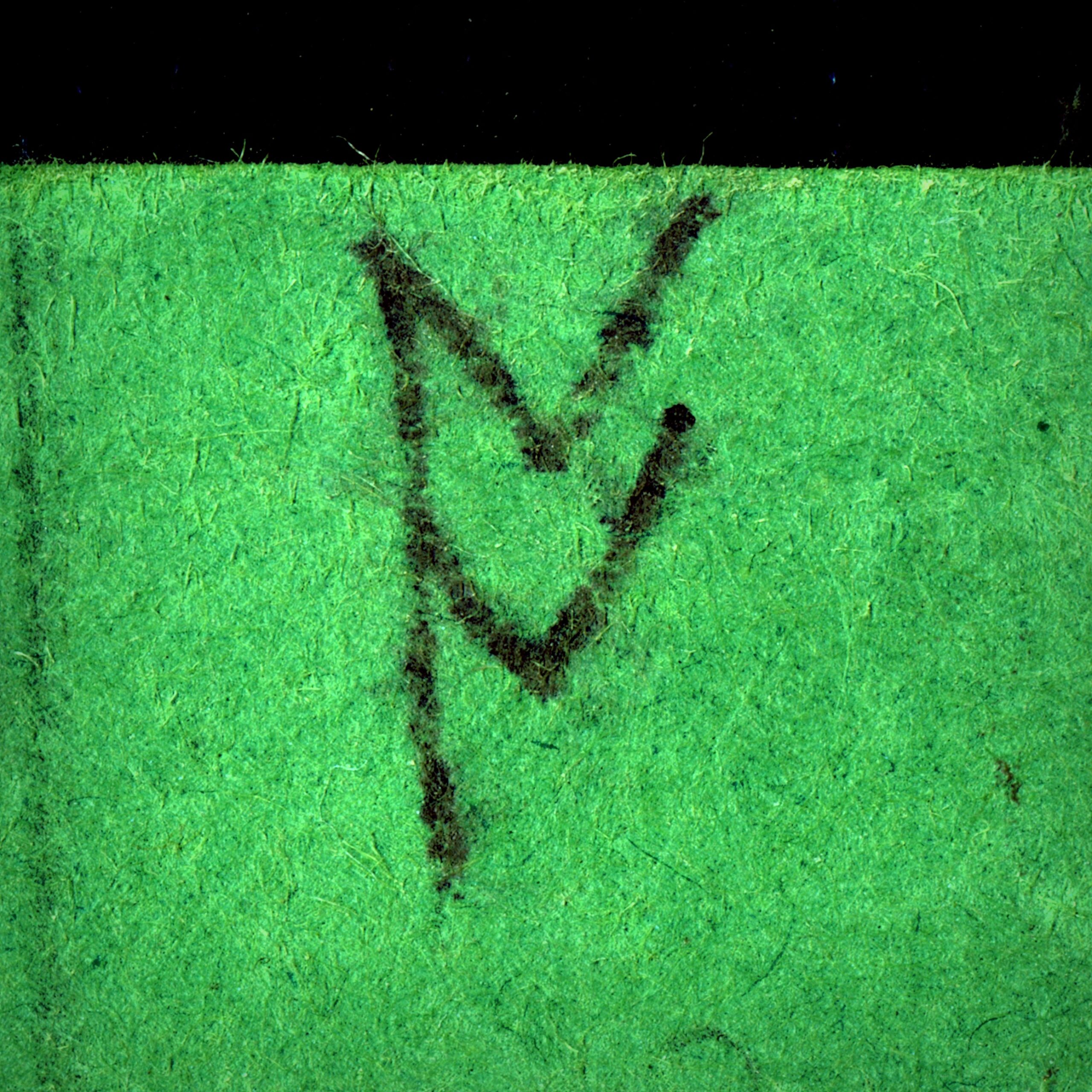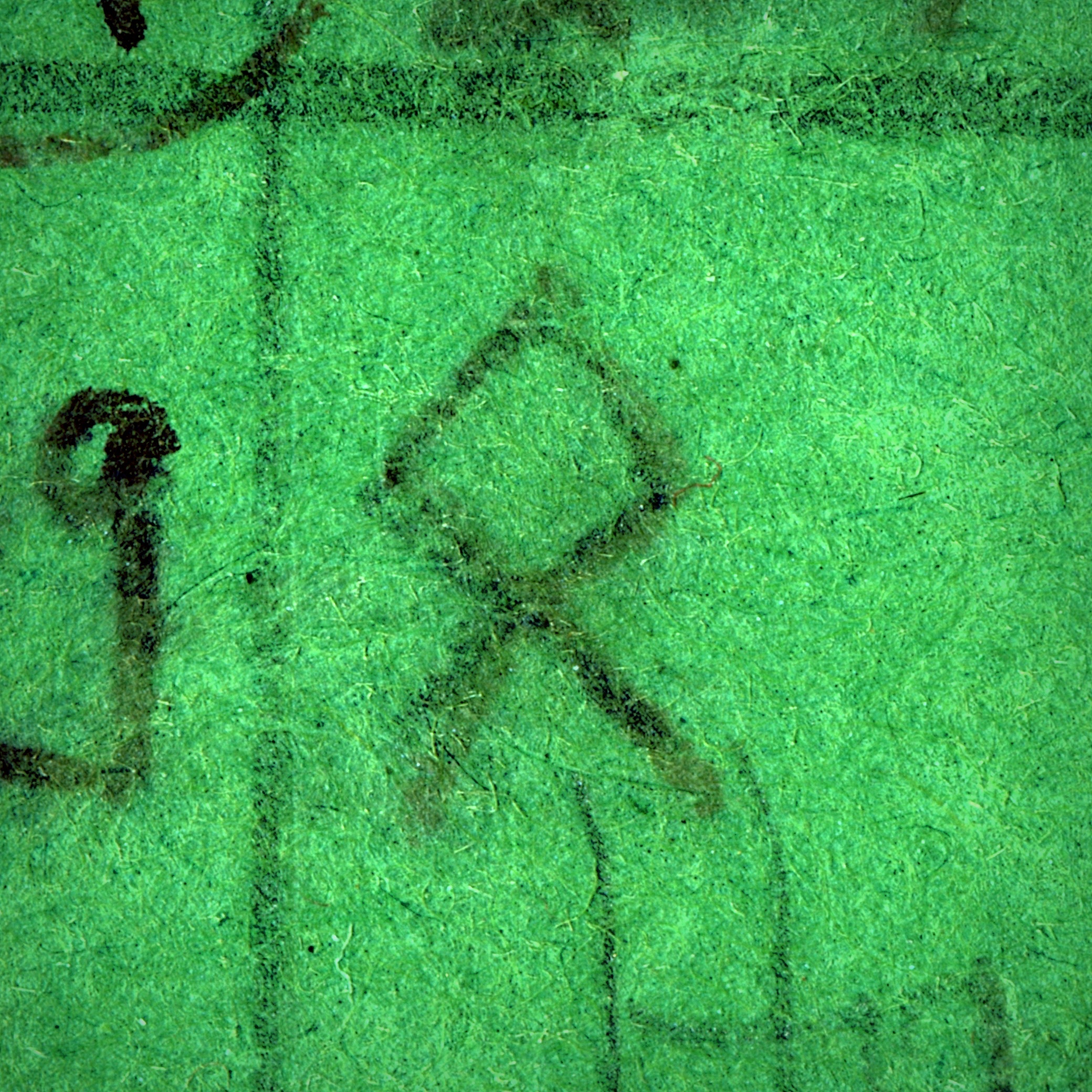 O ᛟ, you shapeshifter. Once you signified all O sounds, until you slipped sideways and joined up with E. Twins you were, they spelled you two ways Œþel and Eþel, depending on what you sounded like where they wrote your name, and when. (O Œþel, you were first in your birth order, if conjoined twins have a birth order.) O ᛟ, ᚩ took your O sound away. What can you do with a wordy god? Without O you get confused with ᛖ a lot. Eh, what do you care? You grew up to be a pictograph in your own right. A whole word world you are, doing the job of several letters in just one shape.
O ᛟ, you shapeshifter. Once you signified all O sounds, until you slipped sideways and joined up with E. Twins you were, they spelled you two ways Œþel and Eþel, depending on what you sounded like where they wrote your name, and when. (O Œþel, you were first in your birth order, if conjoined twins have a birth order.) O ᛟ, ᚩ took your O sound away. What can you do with a wordy god? Without O you get confused with ᛖ a lot. Eh, what do you care? You grew up to be a pictograph in your own right. A whole word world you are, doing the job of several letters in just one shape.
Carve the ᚷ rune. Now put a roof on it. What a gift to have a home.
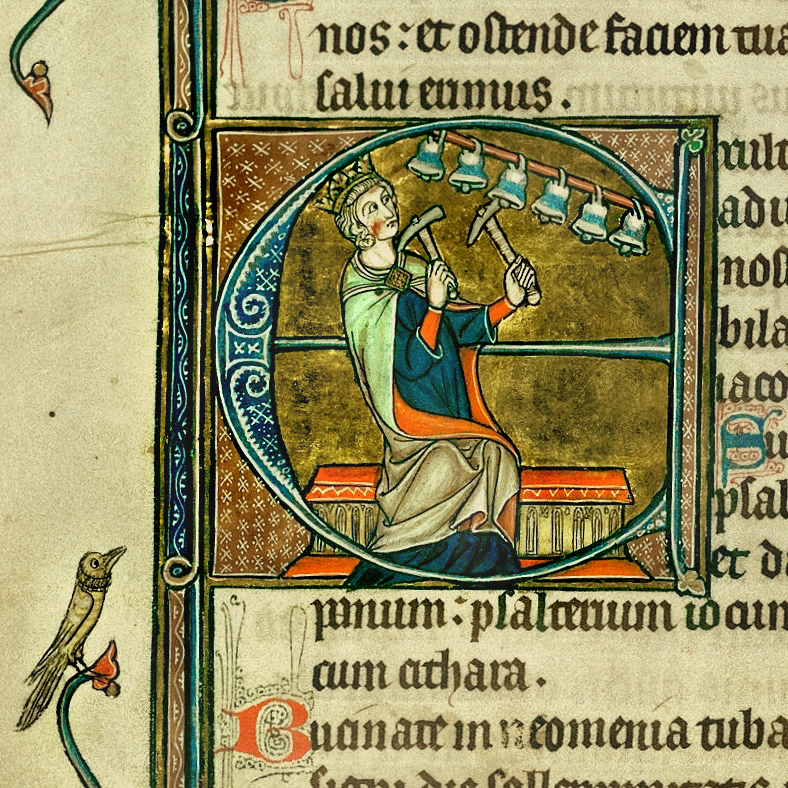

 Did you know that tree means truth? Well it does, honestly, let me be the first to tell you so you know it’s true. The Old English word treow means both tree and truth. Lots of Old English words use treow in them to mean things like to trust or believe (treowan), or to be faithful (treowfæst, truth-fast). Treow is used for more woody things too, like when you take your treowfæstnian (trusty) ax to the treowsteall (a grove) to work as a treowwyrtha (carpenter) treowfeging (joining boards together) into a treowgeweroc (tree work, something made of wood). In that treow grove you’ll find forest birds (treowfugol) and faithful friends (treowgeðofta) who’ll go in for a little tree worship (treowweroðung) with you and with whom you might find treowlufu (true love). Watch out for the treowles and treowleasnes.
Did you know that tree means truth? Well it does, honestly, let me be the first to tell you so you know it’s true. The Old English word treow means both tree and truth. Lots of Old English words use treow in them to mean things like to trust or believe (treowan), or to be faithful (treowfæst, truth-fast). Treow is used for more woody things too, like when you take your treowfæstnian (trusty) ax to the treowsteall (a grove) to work as a treowwyrtha (carpenter) treowfeging (joining boards together) into a treowgeweroc (tree work, something made of wood). In that treow grove you’ll find forest birds (treowfugol) and faithful friends (treowgeðofta) who’ll go in for a little tree worship (treowweroðung) with you and with whom you might find treowlufu (true love). Watch out for the treowles and treowleasnes.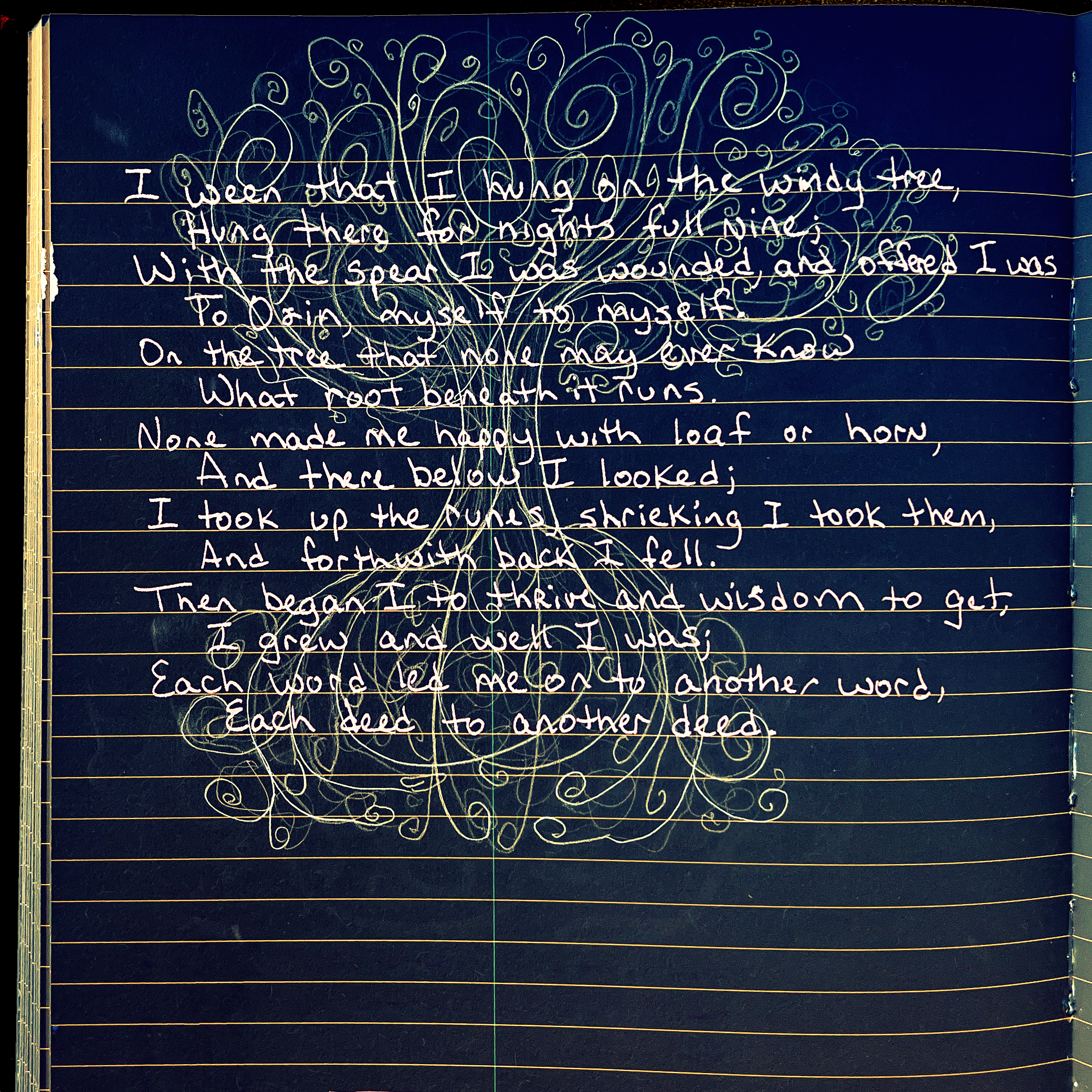
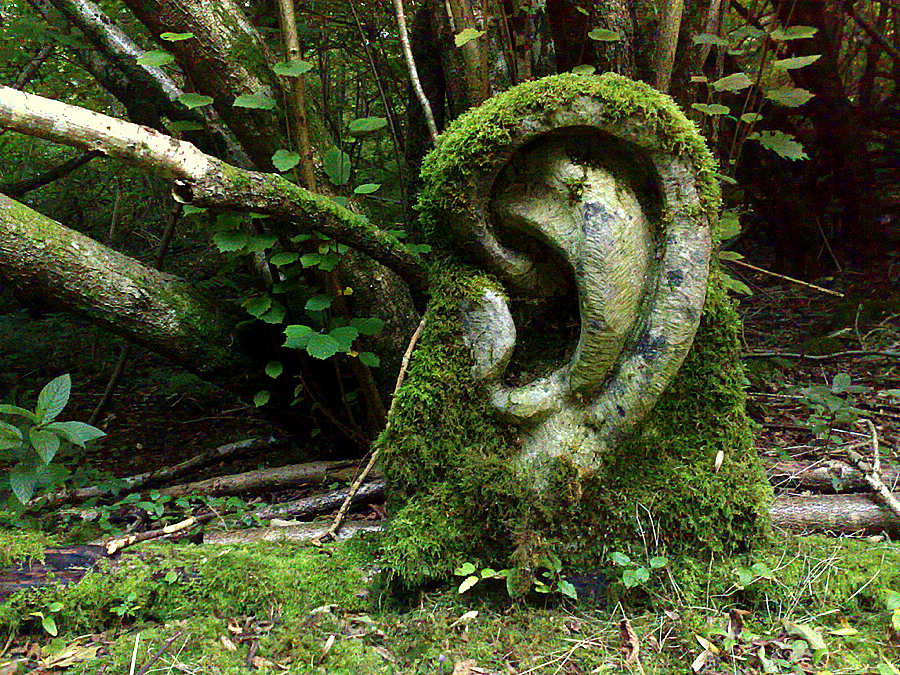 You want to hear from your God and got the God rune. You pulled a rune that tells you to
You want to hear from your God and got the God rune. You pulled a rune that tells you to 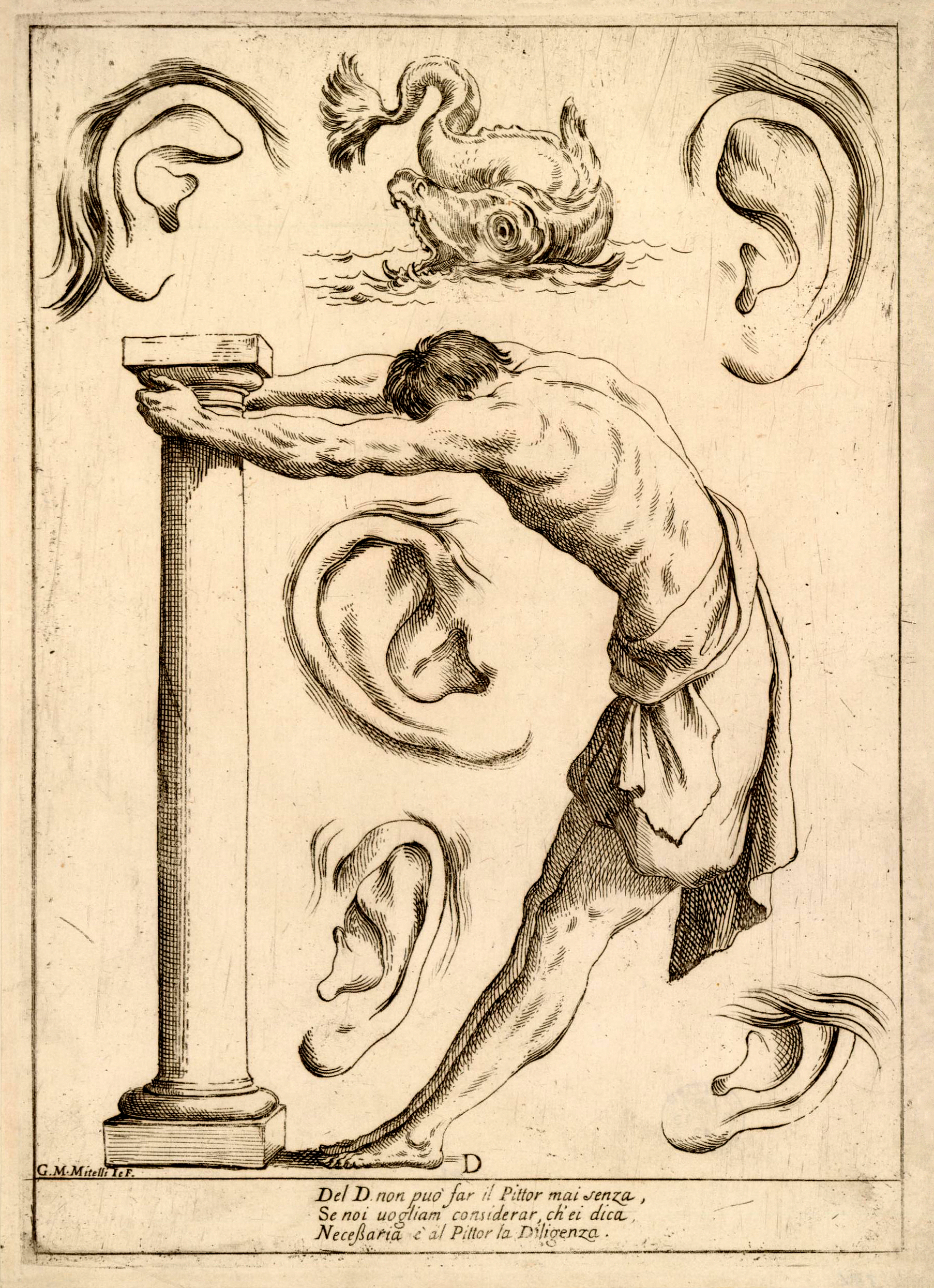
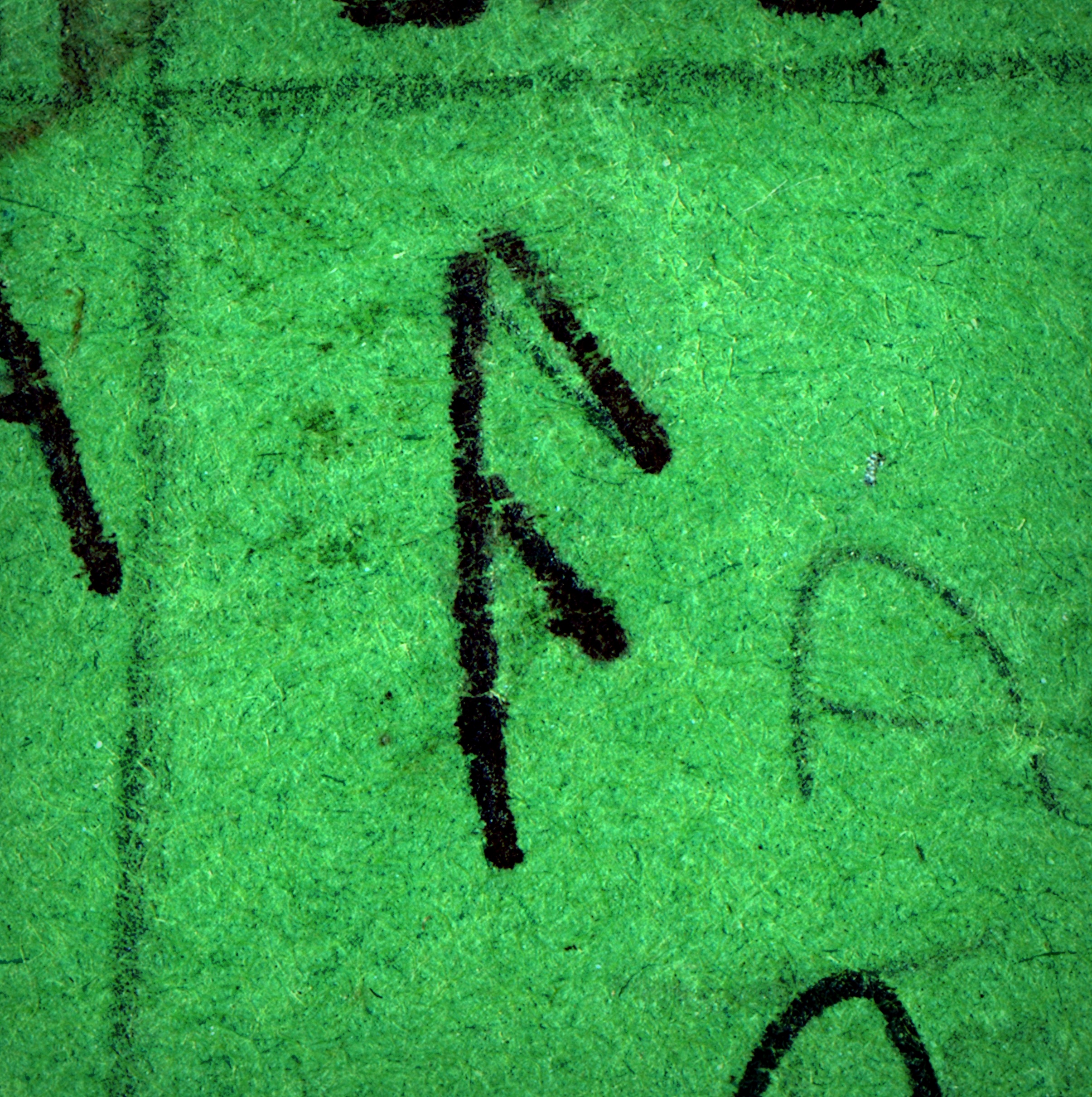 The
The 